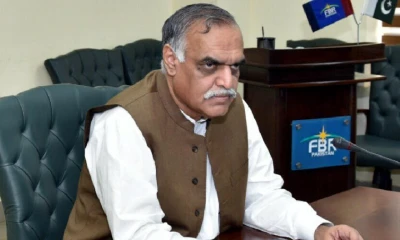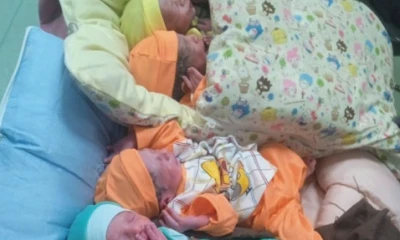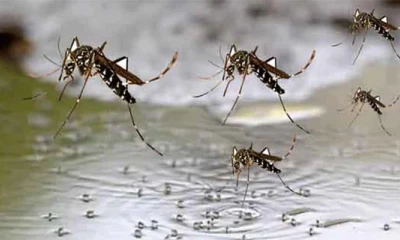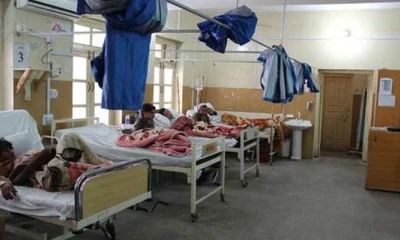Health
WHO says Covid-19 may have killed 80,000 to 180,000 health workers
Covid has severely affected healthcare staff and may have killed between 80,000 and 180,000, the World Health Organization (WHO) says.
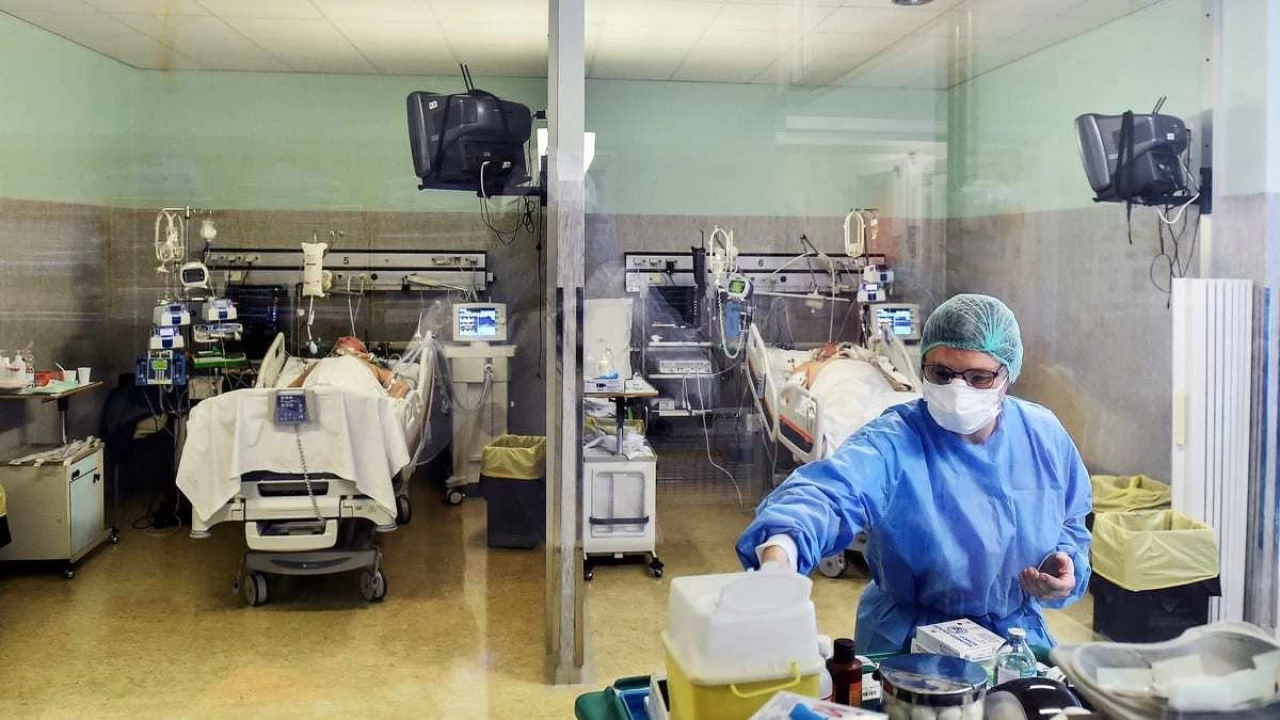
Healthcare workers must be prioritised for vaccines, WHO head Tedros Adhanom Ghebreyesus said, and he criticised unfairness in the distribution of jabs. The deaths occurred between January 2020 and May of this year.
Earlier, another senior WHO official warned a lack of jabs could see the pandemic continue well into next year. There are an estimated 135 million healthcare workers globally.
"Data from 119 countries suggest that on average, two in five healthcare workers globally are fully vaccinated," Dr Tedros said.
"But of course, that average masks huge differences across regions and economic groupings."
Fewer than one in 10 healthcare workers were fully vaccinated in Africa, he said, compared with eight in 10 in high-income countries.
A failure to provide poorer countries with enough vaccines was highlighted earlier by Dr Bruce Aylward, a senior leader at the WHO, who said it meant the Covid crisis could "easily drag on deep into 2022".
Less than 5% of Africa's population have been vaccinated, compared with 40% on most other continents.
The vast majority of Covid vaccines overall have been used in high-income or upper middle-income countries. Africa accounts for just 2.6% of doses administered globally.The original idea behind Covax, the UN-backed global programme to distribute vaccines fairly, was that all countries would be able to acquire vaccines from its pool, including wealthy ones, writes BBC Global Affairs correspondent Naomi Grimley.
But most G7 countries decided to hold back once they started making their own one-to-one deals with pharmaceutical companies.
Dr Aylward appealed to wealthy countries to give up their places in the queue for vaccines so that pharmaceutical companies can prioritise the lowest-income countries instead.
He said wealthy countries needed to "stocktake" where they were with their donation commitments made at summits such as the G7 meeting in St Ives this summer.
"I can tell you we're not on track," he said. "We really need to speed it up or you know what? This pandemic is going to go on for a year longer than it needs to."
The People's Vaccine - an alliance of charities - has released new figures suggesting just one in seven of the doses promised by pharmaceutical companies and wealthy countries are actually reaching their destinations in poorer countries.
The alliance, which includes Oxfam and UNAids, also criticised Canada and the UK for procuring vaccines for their own populations via Covax.
SOURCE: BBC NEWS
-
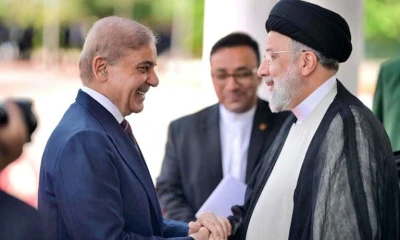
 Pakistan 1 day ago
Pakistan 1 day agoPakistan, Iran agree to increase volume of bilateral trade to $10b
-

 Pakistan 1 day ago
Pakistan 1 day agoCM Punjab approves establishment of Provincial Enforcement Authority
-
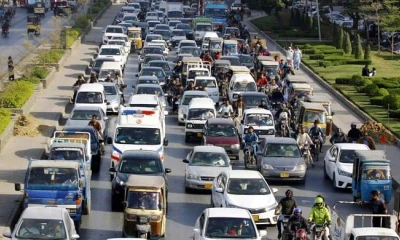
 Pakistan 1 day ago
Pakistan 1 day agoTraffic plan released as Iranian President to visit Lahore, Karachi today
-
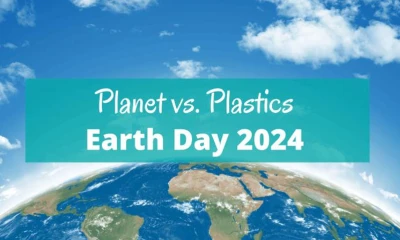
 World 2 days ago
World 2 days agoInt’l Earth Day observed today
-
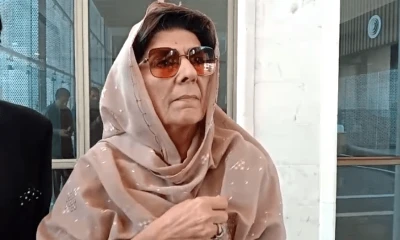
 Pakistan 1 day ago
Pakistan 1 day agoImran Khan not ready for deal, will face all cases: Aleema
-
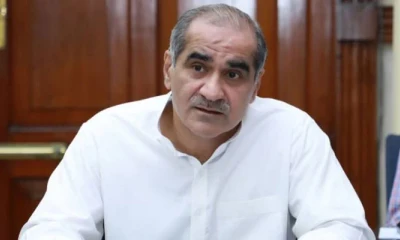
 Pakistan 1 day ago
Pakistan 1 day agoSaad Rafique announces to act against editing speech
-
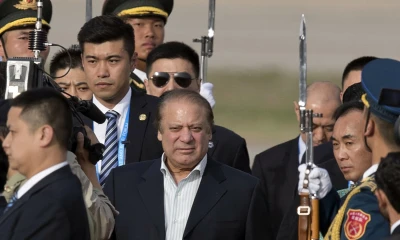
 Pakistan 2 days ago
Pakistan 2 days agoNawaz Sharif to leave for China on four-day visit
-

 Technology 2 days ago
Technology 2 days agoHow to change or cancel your music streaming services


